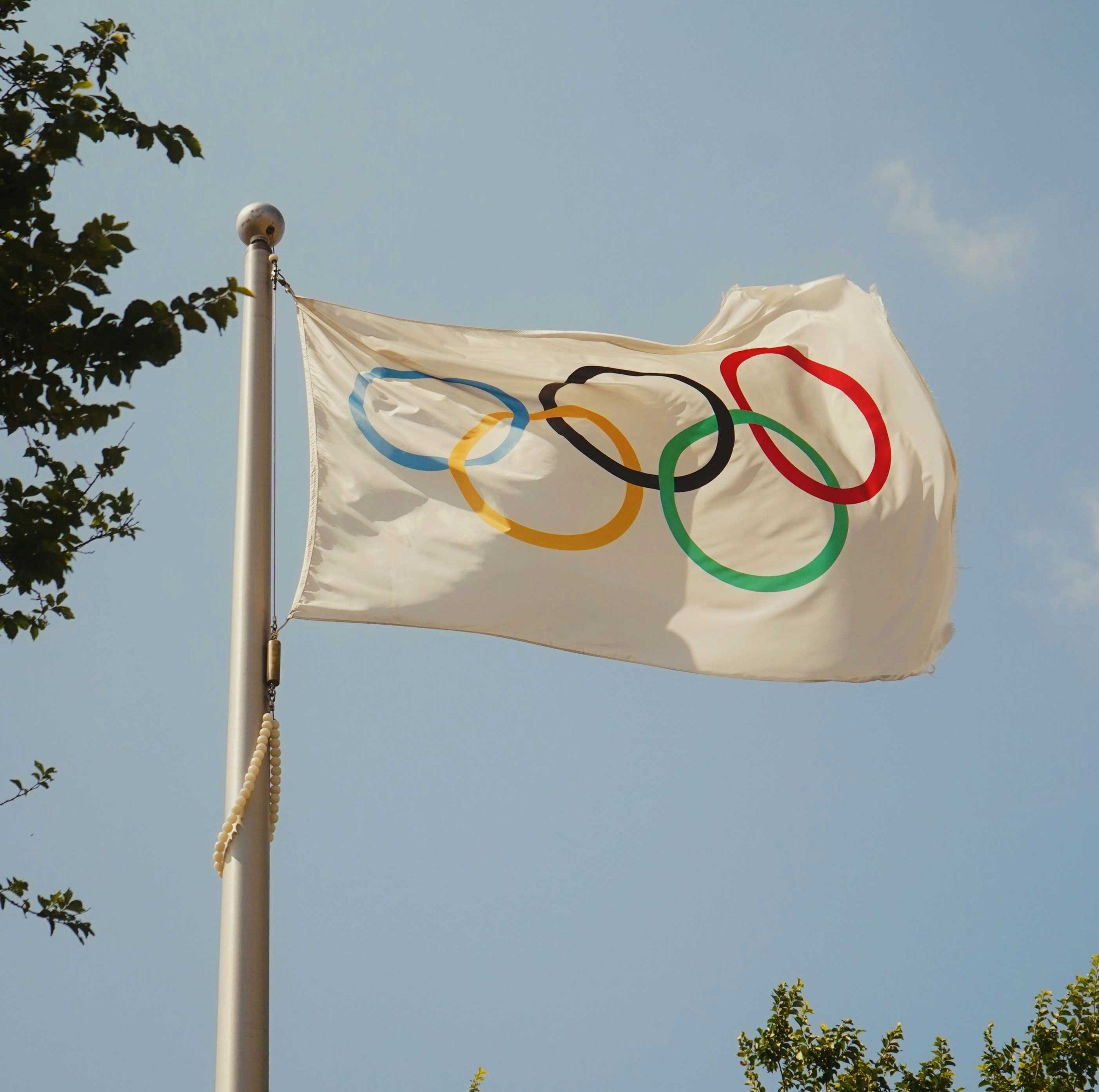We asked 3 Airbnb hosts how they felt about the company banning white supremacists.
Airbnb's decision to issue lifetime bans to users planning to attend a white nationalist rally in Charlottesville, Virginia, on Saturday is winning the company plenty of fans locally.
The move, which drew immediate scorn from the rally's organizers and "alt-right" sympathizers — earned praise from residents who share their homes on the service.
In conversations with half-a-dozen Airbnb hosts in the Charlottesville area, none said they'd been contacted by members of the rally group, though most said they were relieved that the company was taking steps to ban them. A rally in May, led by writer Richard Spencer, drew over 100 torch-bearing white nationalist activists to the community. A July Ku Klux Klan rally to protest the removal of a Robert E. Lee statue ended when local police intervened to break up clashes between rally-goers and counter-protesters.
"Most of us are on edge because the potential for violence is so great," says Aly B. Snider, who operates two Airbnb listings, including a tiny house and a cottage close to downtown. "Many don't understand why a hate group was given a permit."
City officials expect 400 people at the demonstration, according to the document, though local police have indicated they're preparing for up to 4,000, including counter-protesters.
Snider says that she's grateful the company supports her in refusing to rent to those who want to "come into [the] community and cause problems," though she and others were careful to note they support the group's right to free speech.
Attendees at a July KKK rally in Charlottesville. Photo by Chet Strange/Getty Images.
Airbnb host Marybeth, who hadn't heard about the ban, agrees that while AirBnB has the right to ban whoever it wants, the protesters "have the right to peacefully assemble and say things that might offend others." She dismisses the group as a "vocal minority" and feels most of the coverage of the upcoming rally is overblown.
Airbnb recently faced criticism from users for failing to adequately respond to the discriminatory booking practices of some hosts.
A study conducted by three Harvard Business School researchers, published in April, found that potential renters with "black-sounding" names were 16% less likely to be approved for a reservation than identical guests whose names appeared white.
The company hired a director of diversity in 2016 to oversee efforts to review hiring — the room-sharing service's staff, like many in tech, is predominately white — and to help develop measures to prevent booking bias.
Photo by Lionel Bonaventure/Getty Images.
Last month, the California Department of Fair Employment and Housing fined a host who dismissed an Asian guest with a racially-tinged comment, under a recent agreement with Airbnb that permits the agency to pursue such complaints.
Jason Lappa, a Charlottesville photographer who rents out his upstairs apartment on Airbnb, "fully [supports] the ban," which he attributes to the company's commitment to "community and inclusiveness."
In his view, the white supremacist protesters are simply desperate for attention. "This is their 15 minutes," he says.
Lappa attended and photographed the counter-protest of the July KKK rally — and left with a face full of tear gas after police intervened.
A post shared by Jason Lappa (@jasonlappa) on
Nevertheless, he says, the brief scuffle failed to rattle the tight-knit community of Charlottesville, which bounced back to normal the following day.
"Nothing was different, people of all backgrounds and colors were doing what they always do, getting coffee, laughing with friends, eating great food, and ultimately, the Klan's presence had a zero sum effect," he says.
He believes Saturday's rally will be "more of the same."
Regardless of how the alt-rightists choose to send their message, they for sure won't be crashing at Lappa's place — soon or ever.









 A woman is getting angry at her coworker.via
A woman is getting angry at her coworker.via  A man with tape over his mouth.via
A man with tape over his mouth.via  A husband is angry with his wife. via
A husband is angry with his wife. via 

 Many people make bucket lists of things they want in life.
Many people make bucket lists of things they want in life. 
 Thomas Jefferson's Monticello.via
Thomas Jefferson's Monticello.via  The Jefferson Memorial in Washington, D.C.via Joe Ravi/Wikimedia Commons
The Jefferson Memorial in Washington, D.C.via Joe Ravi/Wikimedia Commons
 The 1992 Olympics were held in Barcelona. Photo by
The 1992 Olympics were held in Barcelona. Photo by